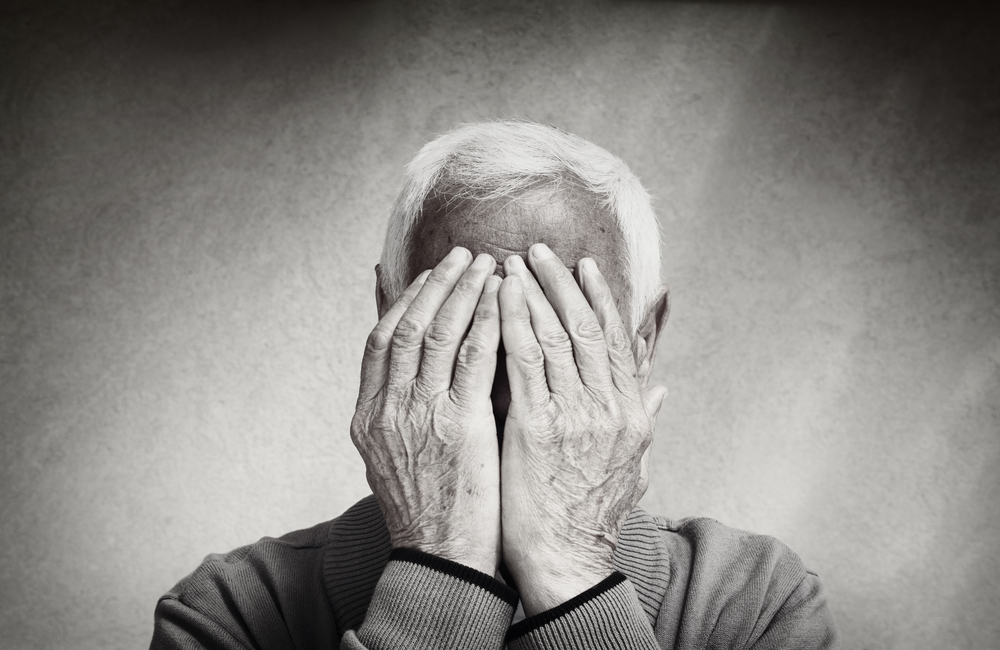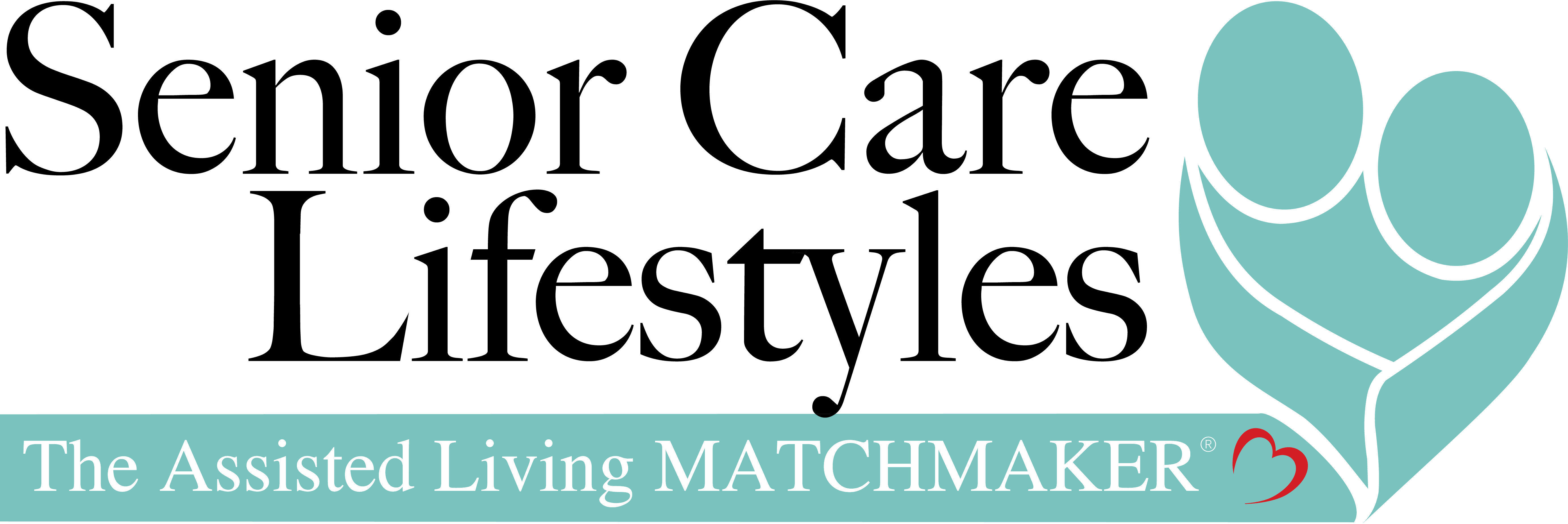- Serving, Baltimore, Harford, Howard, Anne Arundel and other surrounding counties.
- 410-977-3718
Know the Signs of Elder Abuse

In the United States, there are over 500,000 reports of elder abuse every year. Millions of additional cases go unreported. The National Center on Elder Abuse estimates that 3-5% of elders in the United States have experienced abuse. Elder abuse can take place wherever a senior lives, whether it is a family home or long-term care facility. This abuse can take many forms, including intimidation or threats, neglect or financial deception.
Physical Signs of Elder Abuse
Physical elder abuse is any non-accidental use of force against a senior that results in injury, pain or impairment. The physical warning signs of elder abuse include:
- Unexplained injuries including scars, bruises or welts
- Sprains or broken bones
- Improper medication usage (a prescription running out too quickly or having many pills left over)
- Signs of restraint (marks on wrists or torso)
- A caretaker or medical professional refusing to allow you or other family members to speak with the elder alone
Emotional Signs of Elder Abuse
Emotional or psychological elder abuse is treating a senior in any way that causes pain or emotional distress. Emotional abuse can take many forms, including scapegoating, forced isolation or humiliation. Signs of emotional abuse can include:
- Caregiver behavior that includes belittling, humiliating or threatening
- Behavior that mimics dementia, like mumbling or rocking
- Sudden withdrawal
- Depression, confusion or disinterest in activities that the elder used to enjoy
Financial Signs of Elder Abuse
Seniors are often targets for financial fraud. Financial exploitation includes forging the senior’s signature, misusing a senior’s money or investment fraud. Financial abuse can also take the form of healthcare fraud, which is carried out by unethical professional care providers. Healthcare fraud often takes the form of Medicaid fraud or charging for procedures that were not performed. Financial fraud can be difficult to spot, but some of the most common signs are:
- Large withdrawals from bank accounts
- Rapid changes in the elder’s financial status
- Objects, cash or credit cards missing from the house
- Odd changes in power of attorney, wills, titles or life insurance policies
- Unpaid bills despite having the funds to pay them
How Can You Prevent Elder Abuse?
- If you notice signs of caregiver burnout, take steps to relieve the caretaker immediately.
- If family members are the primary caretakers, ensure that there is adequate help to care for the elder. All caretakers should consider joining a support group.
- Watch for signs that indicate elder abuse might be occurring.
- Pay attention to medications and finances, as those are two more subtle places that elder abuse often begins.
- Call and visit your loved one as often as possible.
Reporting Elder Abuse
If you suspect that an elder is being neglected or abused in any manner, you should report the situation immediately. Never assume that another caretaker will notice or that your loved one would tell you if there was a problem. If the problem is urgent and you suspect that the senior is in immediate danger, call 911. If the problem is not immediately threatening the senior’s livelihood, contact Adult Protective Services in your state. You do not need physical proof of abuse to contact APS. In Maryland, you can contact APS by dialing 1-800-332-6347.
Partner with Senior Care Lifestyles
At Senior Care Lifestyles, we specialize in facilitating the connection between seniors and the right in-home care, assisted living and senior living communities. We have assisted hundreds of families with finding effective and affordable solutions for their loved ones. Get in touch today by calling 410-977-3718!




